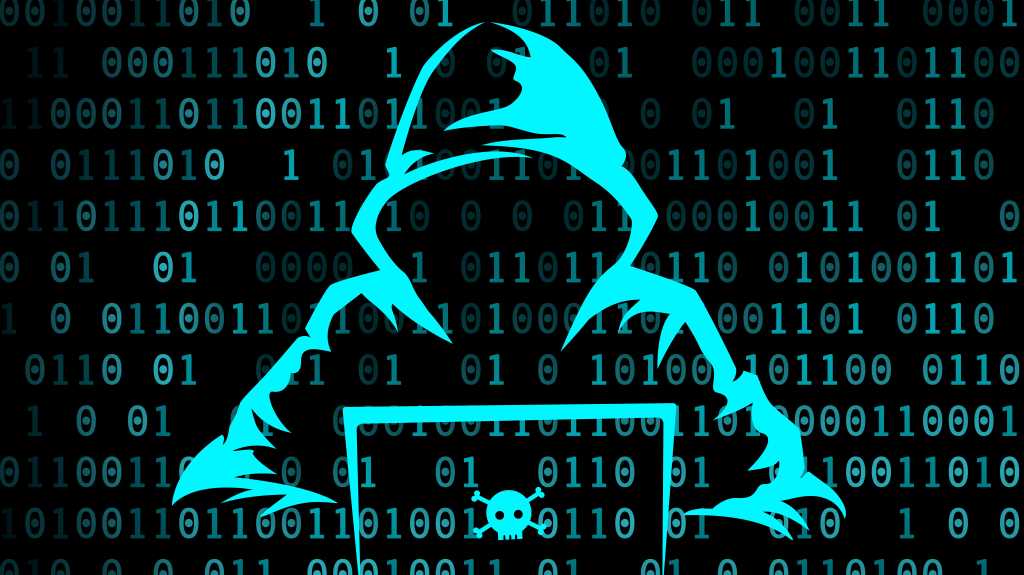
Shai-Hulud first emerged in September, revealed by the discovery that dozens of npm libraries, including a color library with over 2 million downloads a week, had been replaced with malicious versions.
The initial Shai-Hulud wave was already one of the most severe JavaScript supply-chain attacks Wiz has seen, Merav Bar, a company threat researcher and co-author of the report told CSO. “This new wave is bigger and faster: more than 25,000 attacker-created repos across roughly 350 GitHub users, growing by about 1,000 repos every 30 minutes, with malware that steals developer and cloud credentials and runs in the preinstall phase, touching dev machines and CI/CD pipelines alike. That combination of scale, speed, and access makes it a high-impact campaign.”
Assume compromise
If an individual had pulled any of the affected packages during the November 21–23 window, she said, they should assume their environment is exposed. Remedies include clearing the npm cache on their workstation, removing node_modules, reinstalling from clean versions, or pinning to versions published before the malicious releases, and rotating any tokens or secrets that were present (GitHub PATs, npm tokens, SSH keys, cloud credentials).


